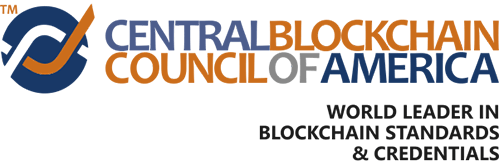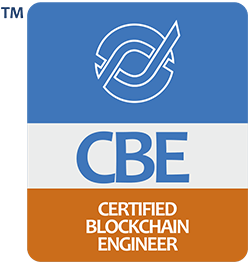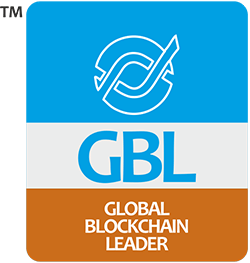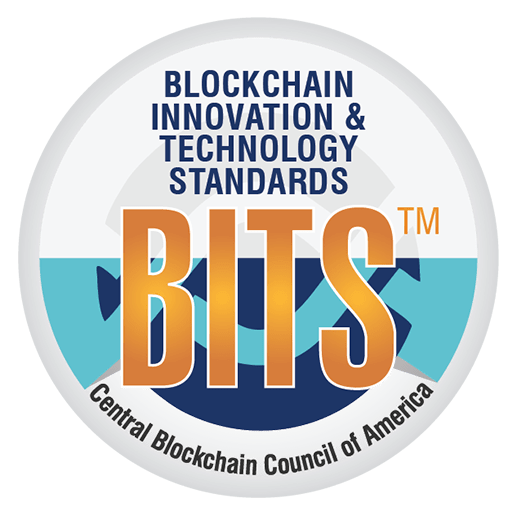Oct 08, 2019
Not unlike the Tulipmania, blockchain, the potent technology platform was set to revolutionize the way the world conducted almost every business transaction, across industries and borders. Then came the crash of the crypto winter, and the mere mention of blockchain sent shivers down global economies and government agencies. Blockchain became a taboo of sorts in the corridors of big business.
Or did it?
Truth be told, the enterprise blockchain avatar, as it was perhaps always destined to be, is more pervasive than ever before. In 2019, businesses and sectors all over the world are investing heavily, albeit wearily, into the benefits of having an indelible record of secured, distributed and encrypted data. Even while the global digital transformation phenomenon is forcing adoption in almost every sector it touches, including the most archaic ones, whose systems and processes have remained unchanged for decades.
And higher education is one of them. Welcome to the possibilities, and while they’re certainly not endless, there could some interesting uses of blockchain in improving and streamlining higher education in a technologically disruptive world. Here’s a quick round-up of some use cases of blockchain in higher education.
Digital Credentials
Universal digital credentials for students and certified professionals are the biggest use of this technology, especially since it cannot be tampered with. Educational institutions with their internal blockchains can issue these credentials to their students while maintaining their security and confidential data to be optionally shared at their student’s will with any third party, such as an employer.
Smart Contracts
This is the one that could potentially stump them all.
In its essence, a smart contract is a self-executable digital contract between two or more parties that self-execute at a date and time only if the conditions and clauses that require its execution are met. Since funding, scholarships, and financing are major (that’s an understatement right there) components of higher education, smart contracts can easily ensure verifiable conditions are met in terms of academic achievement of the student before funds are released for their next level. This also reposes faith in a “trustless economy” and can help in rapid student loan processing, right when and where they need them.
Single Indelible Record of Academic Background
Blockchain is increasingly used as a single indelible record of an employee’s performance and background even as they transition between companies. The single track that cannot be tampered with reinforces trust and faith of new employers and ensures quick decision making in the hiring process. It’s higher education counterpart can work wonders in terms of eliminating the need for superfluous documentation and transcripts from universities, drastically reducing time and hassles faced by students who are applying to universities abroad. It also provides a tamper-proof academic record of every student that can be referenced throughout their careers and lives.
Transparency in Scholarships
Yet another possible implementation of smart contracts is in scholarship funding. Scholarships are usually a grey area and require constant monitoring and reporting of progress of any student or graduate. The entire process can be seamlessly integrated into a specific blockchain, where funds are released based on pre-set parameters of performance and research progress. This will also ensure more scholarships are provided to the needy and deserving, and complete transparency in the entire process.
As a blockchain career aspirant, if you thought enterprise blockchain was limited to BFSI or healthcare, your reality check is long overdue. Yes, we still emphasize that blockchain has the potential to transform every industry and sector it touches. Ramp up for your career in this exciting domain even as the clock ticks and your peer get ahead of you in the race. Get your blockchain certification from the world’s most valued certification authority, trusted by thousands of peers and hundreds of employers, worldwide.








